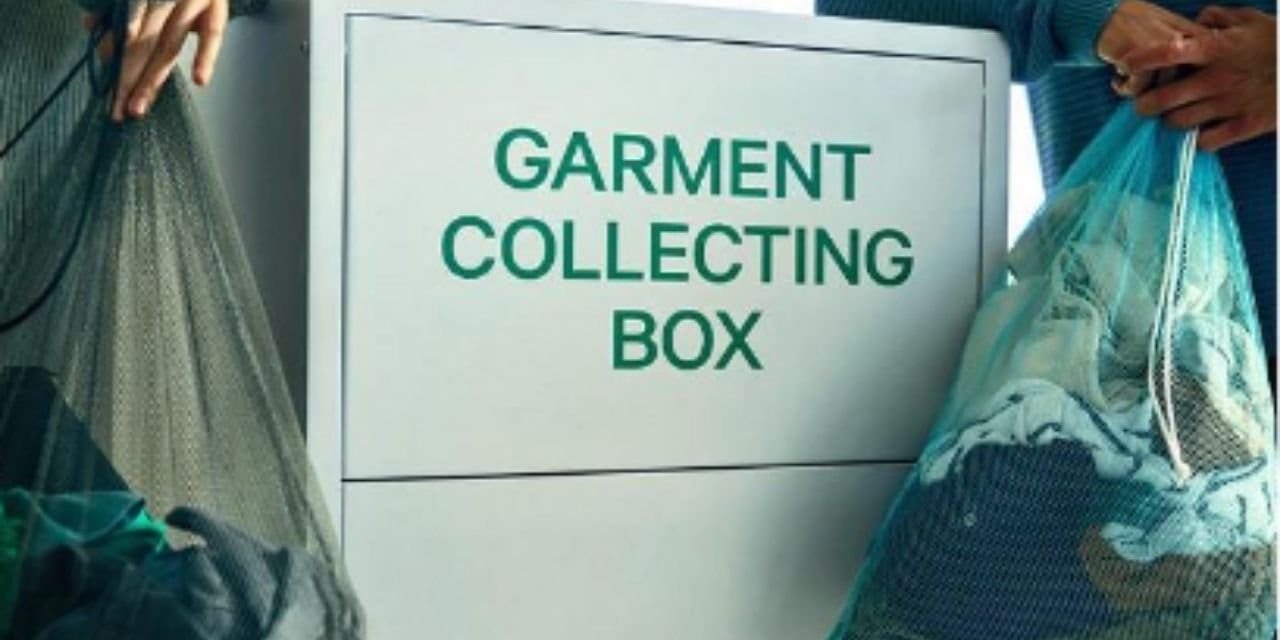Major international clothing retailers and brands are shifting towards circular fashion to save the environment. Bangladesh should prepare for recycled fashion as global consumers are moving away from fast fashion to reduce consumption and pollution, signaling a positive shift in the industry.
Fast fashion requires more resources like fabrics, cotton cultivation, and transportation, leading to increased water consumption, carbon emissions, and environmental pollution. In contrast, recycled fashion reduces carbon emissions, water usage, and pollution by reusing, reducing waste, and recycling old clothing. Old clothes are collected, washed, and reused, while garment fabric waste is recycled into yarn for making new items.
Why the recycled fashion is growing
Recycled fashion is gaining popularity worldwide as a way to reduce environmental pollution and protect the planet. Major clothing retailers and brands are beginning to prioritize sustainability in their business models. The European Union, a major exporter of clothing from countries like Bangladesh, has set a goal to transition to using recycled materials for all garment items by 2030. Retailers like H&M are already working with suppliers to make the switch to recycled materials.
H&M aims to have 24% of its apparel made from recycled or sustainable materials by 2025 and has encouraged local suppliers to follow suit. The German government has also implemented a policy promoting recycled fashion through its due diligence laws. Many consumers are shifting from fast fashion to recycled fashion to support sustainability and reduce pollution.
Status of global recycled fashion
The Circular Fashion Partnership initiative, a collaboration between BGMEA, GFA, Reverse Resources, and P4G, aims to transition the fashion industry to a circular system. Over 30 fashion brands, manufacturers, and recyclers are working together in Bangladesh to capture and reuse textile waste.
The Circular Fashion Partnership, announced by the Global Fashion Agenda, includes major global brands like H&M Group, Marks & Spencer, and Bestseller. The collaboration aims to create sustainable solutions for textile waste by involving fashion brands, manufacturers, and recyclers. By redirecting post-production fashion waste into new products, the initiative aims to reduce textile waste and increase the use of recycled fibers, benefiting the economy of Bangladesh. The country has a significant amount of recyclable waste, making it a key focus for the partnership. Globally, the recycled yarn market is projected to grow, with China and the US being major players in the trade.
Status of recycled fashion in Bangladesh
Bangladesh is falling behind in the production of recycled yarn and transitioning to recycled fashion despite pressure from international retailers and brands. Currently, there are only a handful of local mills producing recycled yarn for export due to the high cost of setting up a recycled unit, which can require an investment of up to $10 million to produce around 15 tonnes of recycled yarn per day. Some mills also produce around 60 tonnes of recycled yarn for the domestic market, used for products like mattresses and curtains.
The prices of recycled yarn are cheaper than cotton yarn, with prices ranging from $1.5 to $2.5 per kilogram compared to $3 to $3.5 for cotton yarn in the international market. There are four more projects under construction with a total investment of $40 million, expected to boost daily exportable recycled yarn output to 100 tonnes within the next year. Industry insiders like Md. Abdur Rouf, Executive Director of Simco Spinning and Textile Ltd, are optimistic about the future growth of recycled yarn production in Bangladesh.

